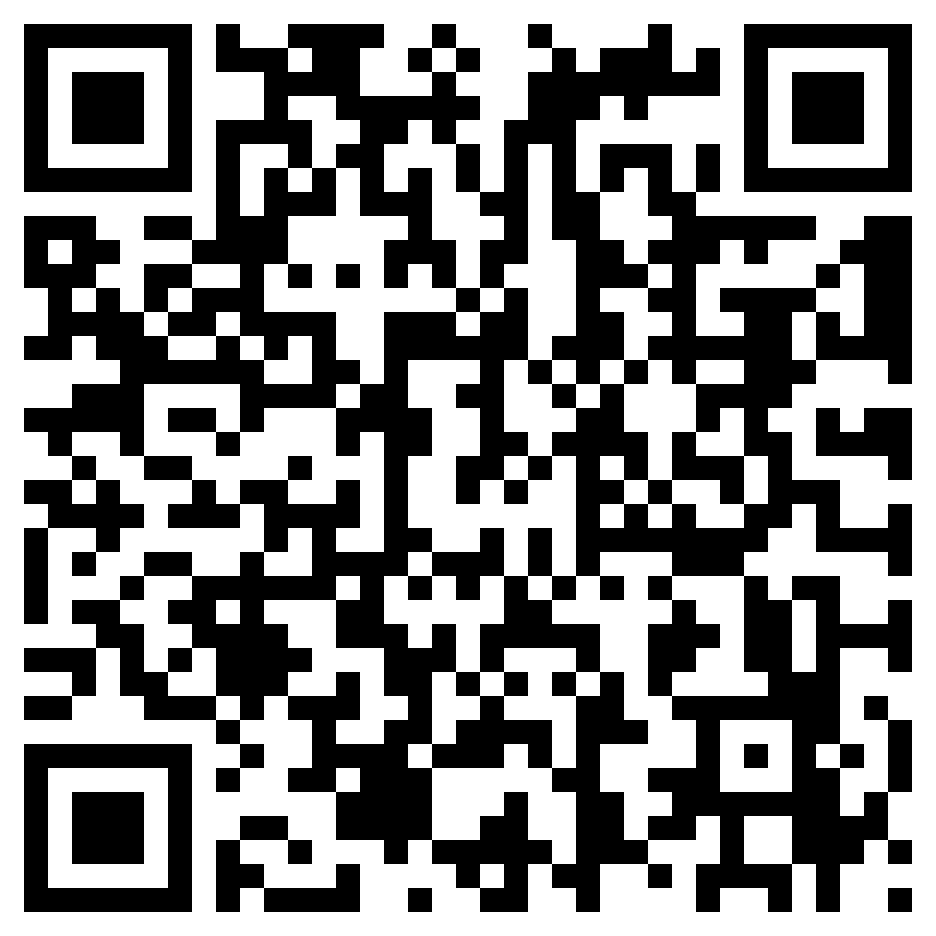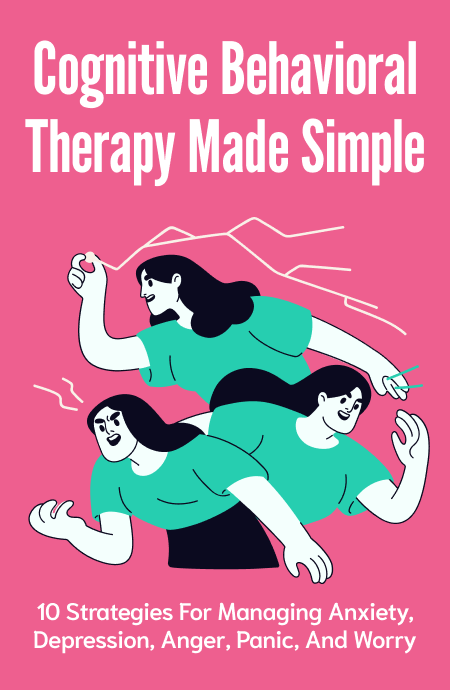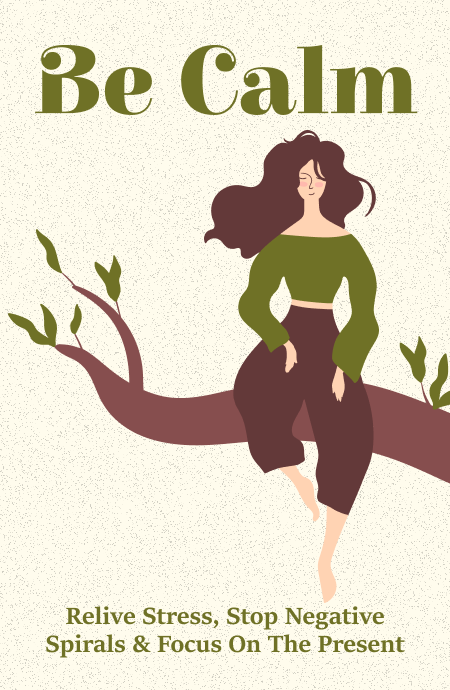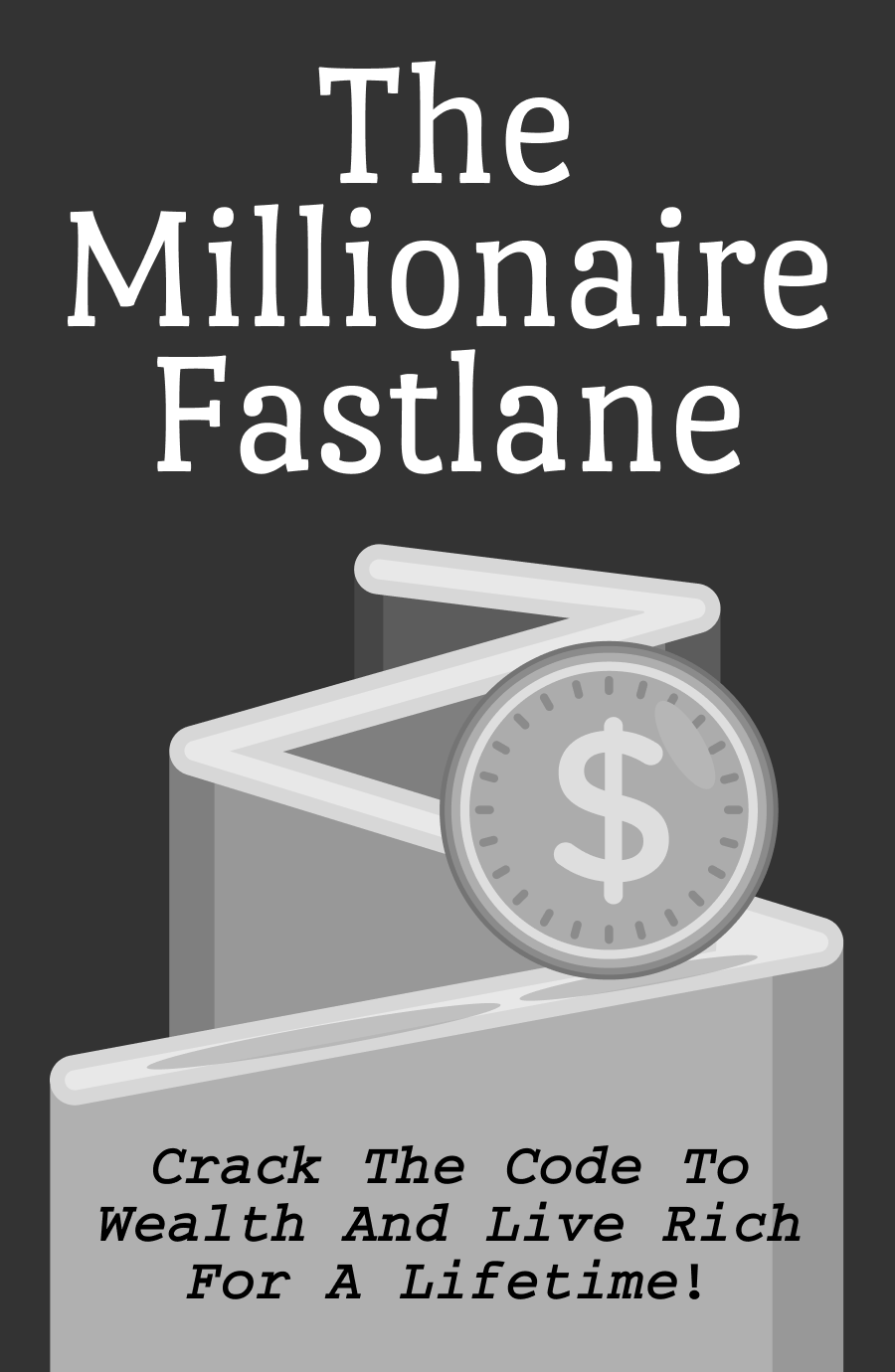Lesson 1. What is Love?
Most potent and most used word in the English language might be the word “love”. We write poems about it, we sing songs about it, we pray for it, we have fought wars for love and have built monuments for love. We jump out of joy when someone declares their love for us, we cry for the same. We think about it and talk about it incessantly.
But what is love?
Practitioners, scholars and researchers are putting a lot of efforts in comprehending the definition of love for centuries. To some distant, emotionally uninvolved observers the mutually beneficial alliance based on trading favors is love. Basically love is a give-get bargain. The history-inclined observers see it as a sentimental social custom, built by the minstrels from the thirteenth century France. It is seen as a strategy to make certain the transmission of genes regarding the offspring, by the anthropologists and the biologists. People are still searching for the definition of love as the subject remains mystical and indefinable.
In the 1700s Benjamin Franklin, an intelligent student in so many fields could only answer love as “changeable, transient, accidental.”
In the 21st century we no longer can define love as a mystic, indefinable emotion. As most of us are living in social isolation, a love relationship has become the central relationship of our lives. Most of us are living a life where we work longer and longer hours and commute farther and farther distances, and have very few opportunities to form the foundation of a close relationship.
Dr. Johnson states that most of the couples she met while practicing were living in a community of two. Evidently, people ask their partners for an emotional connection, attachment and a sense of belonging, which people in the 1800s could feel from a whole village.
The movies, soap operas, dramas project finding love as the sole purpose of a person’s existence, this influences people to such an extent that they become obsessed with finding a romantic partner. People usually tend to put the idea of loving a person who will change their world ahead of a satisfying career and financial success.
Lesson 2. Attachment and Detachment.
Understanding the toxic patterns in a relationship has the potential to guide us to the moments that make and break a relationship. We often do not understand what is actually happening around us and how to react when the dramatic exchange between lovers is evolving very fast. But if we can slow things down, then we will be
Unlock Knowledge with Wizdom App
Explore a world of insights and wisdom at your fingertips with the Wizdom app.
 1 Million+ App Download
1 Million+ App Download  4.9App Store Rating
4.9App Store Rating 5000+Summaries & Podcasts
5000+Summaries & Podcasts









